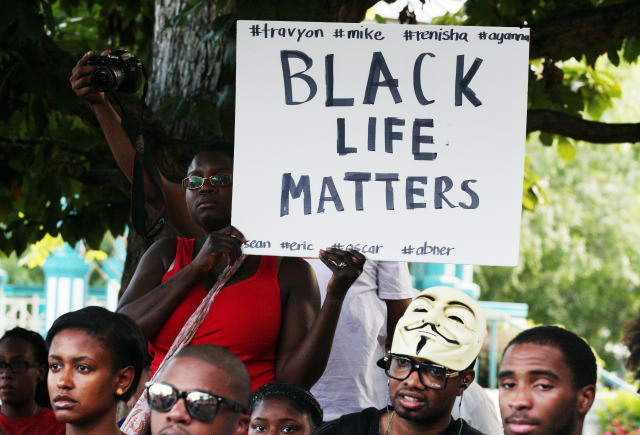Thurgood Marshall spoke to many NAACP youth groups before the United States Supreme Court overturned segregation in 1954. Marshall, an NAACP lawyer, asked the Black children what they wished to be when they grew up. “I’m going to be a good butler,” they said, or “I hope I can get into the post office.”
Marshall concluded that segregation destroyed their aspirations, which was a legal concern.
One major psychological aspect influenced the Supreme Court’s decision to abolish segregation. The court ruled, “To separate Black children from others of similar age and qualifications solely because of their race generates a sense of inferiority as to their status in the community that may affect their hearts and minds in ways that are unlikely to be undone.”
Marshall felt that once Black children could compete with White children without special treatment, this ingrained sense of inferiority would disappear. The post-civil rights generation had a responsibility to rid themselves of that sense of inferiority so it wouldn’t carry on into the 21st century.
Unfortunately, there were a few missteps.
First, in his 1965 Howard University address, President Lyndon B. Johnson endorsed the notion of Black dependency. Johnson told the graduating Black students that in order to attain “equality as a result,” Black Americans would have to rely solely on their own efforts. But, unlike other ethnic minorities that have confronted intolerance and made great efforts to overcome poverty and discrimination, Black Americans cannot do it alone because their cultural tradition has been distorted and damaged by countless years of hatred and hopelessness.
Marshall believed the cultural tradition described by Johnson would self-correct, whereas Johnson believed it was permanent.
Second, in the 1978 affirmative action case, Supreme Court Justice Harry A. Blackmun reached a judgment. “In order to move beyond racism, we must first take account of race. There is no other way. And in order to treat some person’s equally, we must treat them differently.”
At this point, the post-civil rights generation needed to figure out what it meant to be Black in America since it was being defined for them, but the post-civil rights generation embraced the idea that Blacks were a historically oppressed group who still faced systemic racism and required special treatment in order to succeed.
If segregation resulted in a deep sense of inferiority, then the outcome of this post-civil rights Black identity is to identify as oppressed.
Right before the twenty-first century, California prohibited affirmative action in college admissions. The year the first freshman class without racial preferences entered, Black linguist John McWhorter taught at UC Berkeley. McWhorter remembers speaking with an undergrad who was involved in the recruitment of Black admittees. He wondered why no one appeared to care about the Black students who had made it. The recruiter stated that there was a widespread fear that Black students who performed so well would be unconcerned with cultivating an African American presence.
These high-performing Black students were the ones Marshall said would come without a sense of inferiority in the future, but because they didn’t require affirmative action, their Black identity was called into question. Why? It was assumed that high-achieving Black students would have little in common with the oppressed.
A Black teacher in Florida recently told an interviewer a story that was equally surprising as McWhorter’s. According to the teacher, one student, a Black girl, wanted to know if she was oppressed.
The teacher was taken aback and wanted to know where the student got this idea.
The student replied that everyone agrees that systemic racism oppresses Black people. The teacher recognized her as an upper-middle-class Black girl with affluent parents. So the teacher asked her if she thought she was oppressed.
The student stated that she didn’t think so, and the teacher didn’t think so either, yet the teacher missed an important teaching opportunity. The upper-middle-class Black girl was not inquiring whether she was oppressed.
She was curious if she could still be Black without being oppressed.
Consider what would happen if that same Black girl went to her upper-middle-class home and watched the episode of The View in which each host voiced their issue with Black Republican presidential candidate Tim Scott. When Black co-host Sunny Hostin stated that Scott’s problem is that he thinks that because he made it, everyone can make it, ignoring the fact that he is the exception rather than the rule, Hostin’s co-host stated that Scott does not understand the systemic racism that Blacks endure throughout America.
Now imagine if that same Black girl absorbed these opinions from The View.
Since these professional women insist that systemic racism is the rule, how can she rule out that she is not oppressed?

